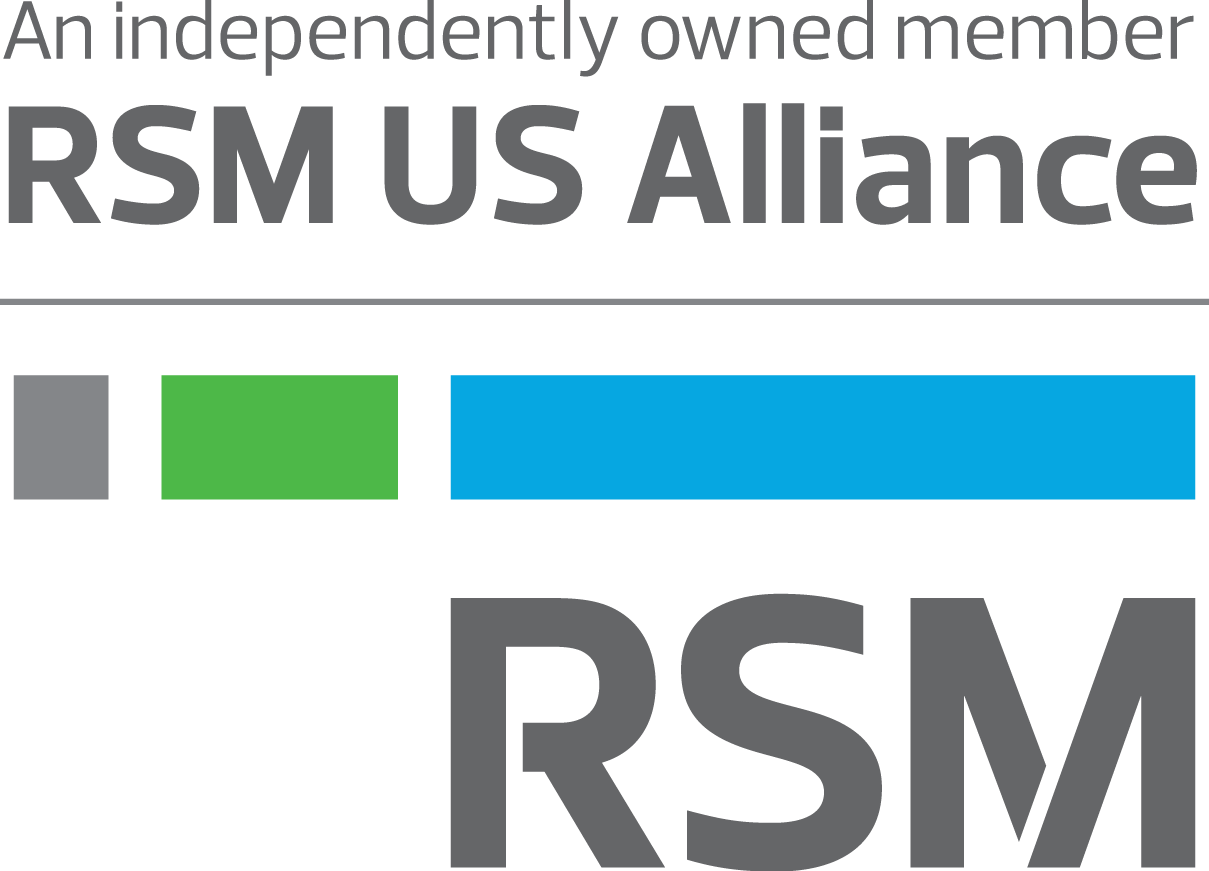Authored by RSM US LLP
Executive summary:
As part of its ongoing enforcement efforts related to Employee Retention Tax Credit (ERTC) claims, the IRS has released additional guidance. First, the IRS clarified its position on the ability of employers to claim they experienced a full or partial suspension of operations related to supply chain disruptions. Separately, the IRS released final regulations clarifying how the IRS will treat the overpayment of ERC refunds to employers.
IRS clarifies employee retention credit guidance
New ERTC guidance on supply chain disruptions
The IRS clarified its position on the impact of supply chain disruptions on employers claiming the Employee Retention Tax Credit (ERTC) in Generic Legal Advice Memorandum (GLAM) 2023-005 released July 21, 2023. One of the eligibility tests for the ERTC hinges on employers identifying a full or partial suspension of operations related to a government orders implemented to mitigate the spread of COVID-19. In many cases, employers have based their ERTC claims on the inability of their suppliers to make deliveries of goods or materials due to the COVID-19 crisis. The new IRS guidance explores five examples of supplier issues and analyzes the arguments relative to the published guidance in the CARES Act and IRS Notice 2021-20.
IRS Notice 2021-20 Q&A 12 allows employers to “step into the shoes” of their suppliers for purposes of the suspension of operations test. However, the employer must substantiate its eligibility with a governmental order and documentation demonstrating that the order caused its supplier to suspend operations, drove the inability of the supplier to obtain goods or materials, and the employer was not able to obtain materials from an alternate supplier. The scenarios in GLAM 2023-005 explore the nuances of this substantiation and clarify several points, namely:
- A supplier’s claim that its inability to provide goods and services to an ERTC claimant was related to the COVID-19 crisis without proof of specific government orders is not sufficient to support an ERTC claim for full or partial suspension of operations for a company that buys from that supplier.
- Employers claiming the ERTC who experienced supply chain disruptions, even those connected to specific government orders, may not claim full or partial suspension of operations related to the supply chain disruption if they held sufficient supplies on hand to operate or were able to obtain sufficient supplies from an alternate supplier. In addition, higher costs for critical goods resulting in lower profit margins do not qualify as a full or partial suspension of operations.
- A supplier’s claim that its inability to provide goods and services was due to bottlenecks in ports or delays due to a truck driver shortage may not be used to support an employer’s ERTC claim as full or partial suspension of operations without identifying the specific government orders and substantiation of their impact on the employer.
- News articles and social media postings do not constitute sufficient substantiation of the relationship of a delay in goods and services to government orders for COVID-19.
- Residual supply disruptions due to government orders do not constitute support for a full or partial suspension of operations during a subsequent quarter for which the governmental orders have been lifted.
- Limited product shortages, e.g., for a retail business that sells a significant array of products, are not sufficient to support a claim for full or partial suspension of operations if the employer was still able to source a wide variety of products for customers and did not otherwise have a partial suspension of operations due to government orders.
Many of the above scenarios are positions employers have taken on ERTC claims. Ultimately, the taxpayer is responsible for the information reported on their tax return, and employers should be aware of the potential for penalties (including a possible 20% negligence penalty), interest and repayment of tax for improperly-claimed credits.
IRS examinations of employee retention credits
The IRS continues to warn employers to be wary of third parties with aggressive tactics promoting ERTC claims. On March 20, 2023, the IRS announced that the ERTC was the newest entry on the Dirty Dozen list of tax scams due to the “aggressive marketing of these credits.”
As part of its effort to combat such claims, the IRS has ramped up enforcement of ERTC refund claims and significantly increased examination activity. Listed below are some issues that IRS has been raising on ERTC examinations:
- Appropriate aggregation of related companies for use in determining a decline in gross receipts and in determining employer size
- Capping of ERTC wages at the $10,000 limit
- Proper reduction of qualified wages for PPP loan forgiveness amounts and FFCRA sick and family leave credits
- Use of separation pay and paid-time-off amounts in determining qualified ERTC wages
- Appropriate limitation of wages claimed and appropriate support for “idle time” wage determinations– wages for which an employee was paid but was not as busy because of the effects of governmental orders – by large employers
- Calculation of full-time employees using the 30-hour weekly/130-hour monthly rules
- Proper reduction of wage deduction on the corresponding income tax return for ERTC wages claimed
IRS final regulations on erroneous refunds
In addition to the new guidance provided in GLAM 2023-005, the IRS released final regulations on July 24, 2023, updating the July 29, 2020 temporary regulations and solidifying the IRS’ position on erroneous refunds of COVID-19 credits. The final regulations apply underpayment of tax rules to denied ERTC claims, subjecting them to penalty and interest assessment and collection.
We recommend taxpayers claiming the ERTC have their substantiation documentation prepared and ready to submit if asked to provide it to the IRS.
This article was written by Anne Bushman, Karen Field , Marissa Lenius, Kate Walters and originally appeared on Jul 25, 2023.
2022 RSM US LLP. All rights reserved.
https://rsmus.com/insights/tax-alerts/2023/irs-clarifies-employee-retention-credit-guidance.html
The information contained herein is general in nature and based on authorities that are subject to change. RSM US LLP guarantees neither the accuracy nor completeness of any information and is not responsible for any errors or omissions, or for results obtained by others as a result of reliance upon such information. RSM US LLP assumes no obligation to inform the reader of any changes in tax laws or other factors that could affect information contained herein. This publication does not, and is not intended to, provide legal, tax or accounting advice, and readers should consult their tax advisors concerning the application of tax laws to their particular situations. This analysis is not tax advice and is not intended or written to be used, and cannot be used, for purposes of avoiding tax penalties that may be imposed on any taxpayer.
RSM US Alliance provides its members with access to resources of RSM US LLP. RSM US Alliance member firms are separate and independent businesses and legal entities that are responsible for their own acts and omissions, and each are separate and independent from RSM US LLP. RSM US LLP is the U.S. member firm of RSM International, a global network of independent audit, tax, and consulting firms. Members of RSM US Alliance have access to RSM International resources through RSM US LLP but are not member firms of RSM International. Visit rsmus.com/aboutus for more information regarding RSM US LLP and RSM International. The RSM(tm) brandmark is used under license by RSM US LLP. RSM US Alliance products and services are proprietary to RSM US LLP.

Lauterbach, Borschow & Co. is a proud member of RSM US Alliance, a premier affiliation of independent accounting and consulting firms in the United States. RSM US Alliance provides our firm with access to resources of RSM US LLP, the leading provider of audit, tax and consulting services focused on the middle market. RSM US LLP is a licensed CPA firm and the U.S. member of RSM International, a global network of independent audit, tax and consulting firms with more than 43,000 people in over 120 countries.
Our membership in RSM US Alliance has elevated our capabilities in the marketplace, helping to differentiate our firm from the competition while allowing us to maintain our independence and entrepreneurial culture. We have access to a valuable peer network of like-sized firms as well as a broad range of tools, expertise, and technical resources.
For more information on how the Lauterbach, Borschow & Co. can assist you, please call us at (915) 544-6950.


